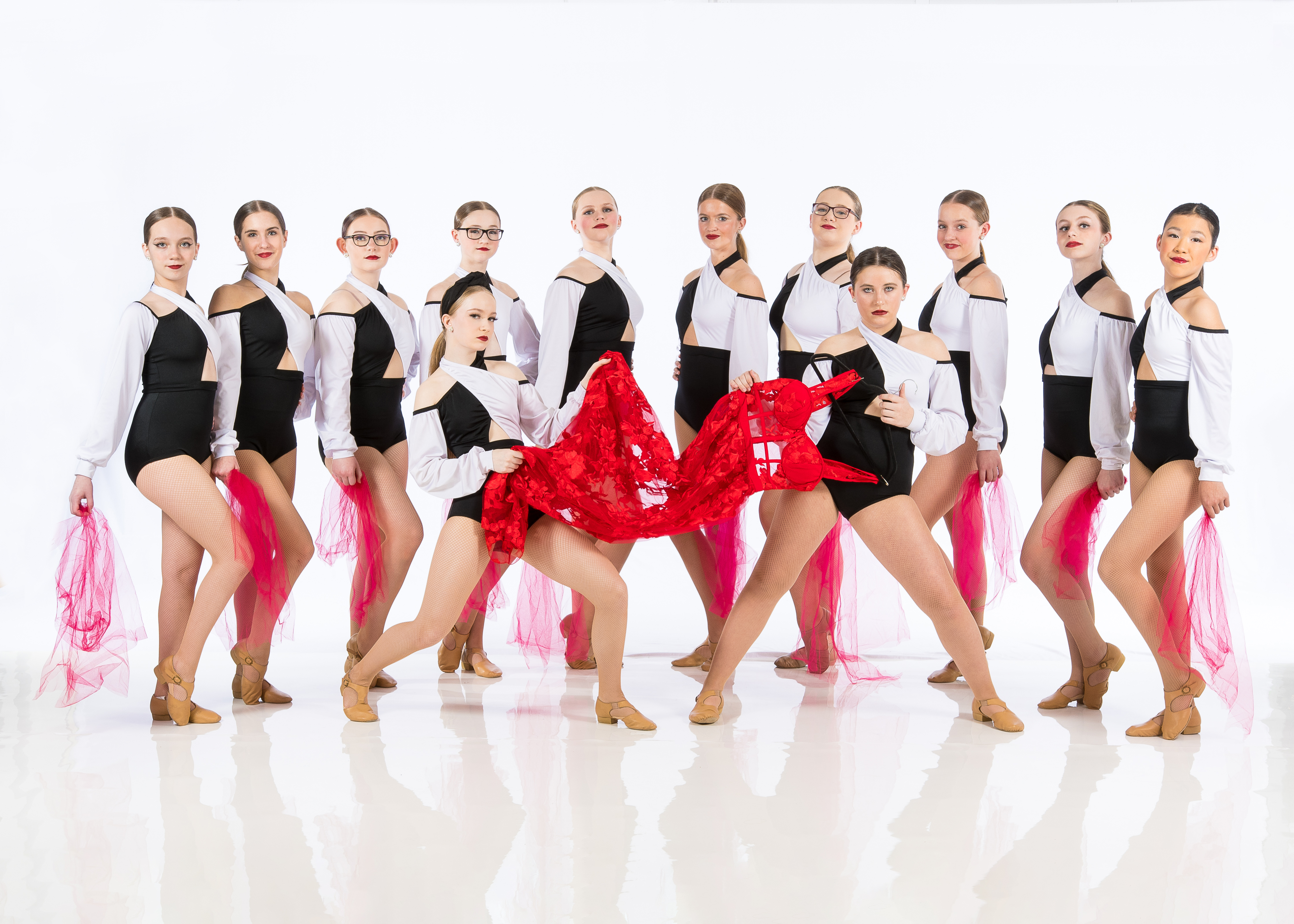Introduction
In a rapidly changing world, the value of lifelong learning cannot be overstated. The quest for knowledge should not end with formal education; instead, it should continue throughout one’s life. Encouraging lifelong learning through ongoing classes and workshops is an effective strategy to foster personal growth, career advancement, and social engagement. This article delves into the importance of continuous education, the various formats available, and how spaces like dance studios can be pivotal in this journey.
The Importance of Lifelong Learning
Why Is Lifelong Learning Essential?
Lifelong learning is vital for several reasons. First and foremost, it keeps our minds active. Engaging in dance studio for kids new experiences promotes cognitive function and memory retention. Moreover, in today's job market, skills become obsolete quickly. Acquiring new knowledge ensures that individuals remain relevant and competitive.
Personal Development Through Lifelong Learning
When we think about personal development, it often involves gaining new skills or improving existing ones. Ongoing classes provide a structured environment to explore personal interests, from painting to cooking to dancing! Each class offers unique opportunities for self-expression and creativity.
Types of Ongoing Classes and Workshops
Formal Classes vs. Informal Workshops
While formal classes usually follow a structured curriculum often associated with academic institutions, informal workshops are more relaxed and focus on hands-on experience. Both have their merits depending on what a learner seeks to achieve.
Online Learning Platforms
With technology at our fingertips, online platforms have made lifelong learning accessible to everyone. Whether you're interested in coding or pottery making, online courses offer flexibility to learn at your own pace.
Benefits of Ongoing Classes
Skill Enhancement and Professional Growth
Ongoing classes help improve existing skills or develop entirely new ones. For example, attending classes at a local dance studio can enhance coordination and rhythm while also providing networking opportunities with other dance enthusiasts.
Social Connectivity
Participating in workshops fosters social connections. Engaging with like-minded individuals creates a sense of community that’s both enriching and supportive.
Boosting Confidence Through Learning
There's something inherently empowering about mastering a new skill. As individuals gain proficiency—be it in painting landscapes or executing complex dance moves—they also build their self-esteem.
Encouraging Lifelong Learning through Ongoing Classes and Workshops: Strategies for Implementation
Creating a Culture of Learning in Organizations
Organizations can encourage lifelong learning by offering professional development programs or partnerships with educational institutions. Providing employees access to ongoing training ensures they remain engaged and motivated.
Promoting Community Involvement in Local Dance Studios
Local dance studios can host workshops that cater to all age groups—from children to seniors—thus promoting community engagement while encouraging lifelong learning through movement.
How Dance Studios Contribute to Lifelong Learning
A Unique Environment for Skill Development
Dance studios serve as vibrant hubs for creativity where people can express themselves physically while learning the art of dance. They offer everything from salsa lessons to ballet techniques.
Physical Health Benefits Associated with Dance Classes
Engaging in regular dance classes not only fulfills artistic desires but also contributes significantly to physical health—from enhancing cardiovascular fitness to improving flexibility.
The Role of Educators in Lifelong Learning
Facilitators vs. Traditional Teachers
In the realm of ongoing education, facilitators play a pivotal role by encouraging dialogue rather than merely delivering information. This shift cultivates an environment conducive to inquiry-based learning—a fundamental aspect of lifelong education.
Challenges in Lifelong Learning Initiatives
Addressing Time Constraints for Busy Adults
One common barrier adults face when pursuing further education is time constraints due to work or family obligations. To combat this challenge, institutions should consider offering evening or weekend classes tailored for working professionals.
Overcoming Fear of Failure in New Endeavors
Many individuals hesitate to take up new challenges due to fears related to failure or inadequacy. Creating supportive environments within educational settings helps address these anxieties effectively.
Fostering Motivation Among Learners
Setting Clear Goals for Continuous Education
Whether it's mastering a new language or completing a series of art classes at your local studio, having tangible goals makes the pursuit more rewarding—and achievable!
Incorporating Feedback Mechanisms into Workshops
Feedback plays an essential role in the learning process; therefore, incorporating methods for participants to provide feedback on their experiences encourages continuous improvement within programs offered by various institutions—including dance studios!

Measuring Success in Lifelong Learning Programs
Evaluating Outcomes: What Should We Measure?
Evaluating success can be subjective; however, some common metrics include engagement levels during sessions/classes offered as well as participant satisfaction rates after completing courses/workshops.
| Metric | Description | |----------------------------|-----------------------------------------------------| | Engagement Levels | Participation rates during activities | | Satisfaction Rates | Surveys collected post-class | | Skill Improvement | Self-assessment before/after course completion |
Frequently Asked Questions (FAQs)
What types of ongoing classes are best for beginners?- Beginners usually benefit from introductory workshops that focus on basic skills—like beginner-level dance classes at local studios.
- Absolutely! Many organizations now offer flexible online courses that allow you to learn at your own pace.
- Consider what skills you wish to develop or hobbies you want to explore; researching options beforehand will help narrow down choices.
- Yes! Group settings often foster collaboration which enhances understanding while providing emotional support from peers.
5. What financial resources are available for those pursuing lifelong learning?
- Many communities offer scholarships or grants specifically designed for adult learners wanting further education.
6. How important is instructor quality when selecting a class?
- Instructor quality significantly impacts educational outcomes; thus researching credentials beforehand is crucial!
Conclusion
In conclusion, the pursuit of knowledge should never cease—it’s truly an exciting journey! By encouraging lifelong learning through ongoing classes and workshops—especially within dynamic spaces like dance studios—we not only expand dance classes our skill sets but enrich our lives holistically! The world is full of opportunities waiting just around the corner; all we need do is take that first step towards exploration!